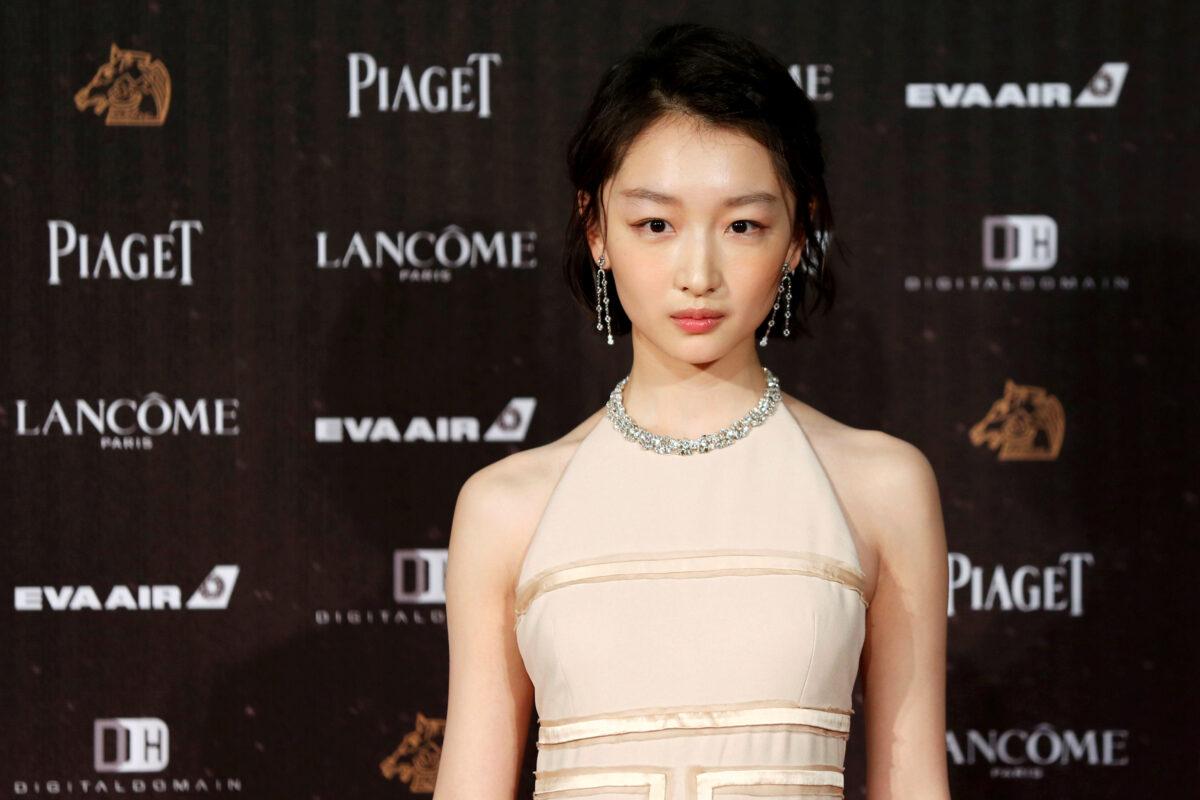BEIJING—Burberry has lost a Chinese brand ambassador and its hallmark tartan design was scrubbed from a popular video game, becoming the first luxury brand assailed by the Chinese backlash to Western accusations of abuses in Xinjiang.
The Chinese regime on Friday sanctioned organizations and individuals in the United Kingdom, days after Britain imposed sanctions for alleged human rights abuses in the western Chinese region.
Burberry is a member of the Better Cotton Initiative, a group that promotes sustainable cotton production which said in October it was suspending its approval of cotton sourced from Xinjiang, citing human rights concerns.
Award-winning Chinese actress Zhou Dongyu terminated her contract with Burberry as the brand’s ambassador, as Burberry has not “clearly and publicly stated its stance on cotton from Xinjiang,” her agency said on Thursday.

The company’s iconic plaid design was also removed from the clothing worn by characters in Tencent Holdings Ltd’s wildly popular video game “Honor of Kings”, according to a post on the game’s official Weibo account.
Burberry China did not immediately respond to a Reuters request for comment. Burberry cotton is sourced from the United States, Australia, Turkey, India and Egypt, according to its website.
The backlash—particularly in social and traditional media—has also enveloped mass-market brands like H&M, Adidas AG and Nike Inc which have previously expressed critical views on labor conditions in Xinjiang, China’s biggest cotton-producing region.
Activists and U.N. rights experts have accused the Chinese regime of using mass detainment, torture, forced labor and sterilizations on Uyghurs in Xinjiang.
In a letter to British lawmakers in November, Burberry said it did not have any operations in Xinjiang or work with any suppliers based there, adding that it did not condone any form of modern slavery among its suppliers, including forced, bonded or involuntary prison labor.





